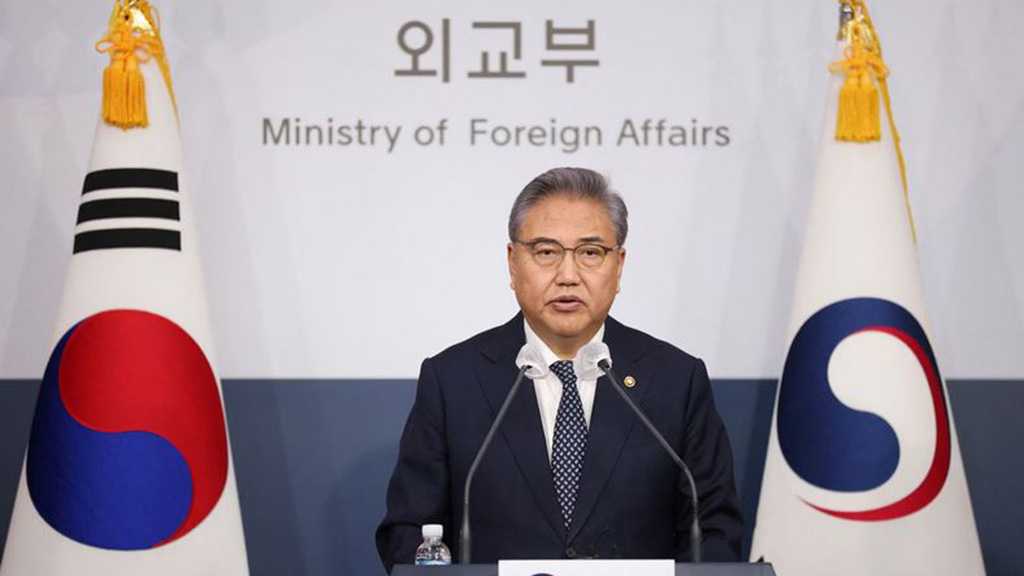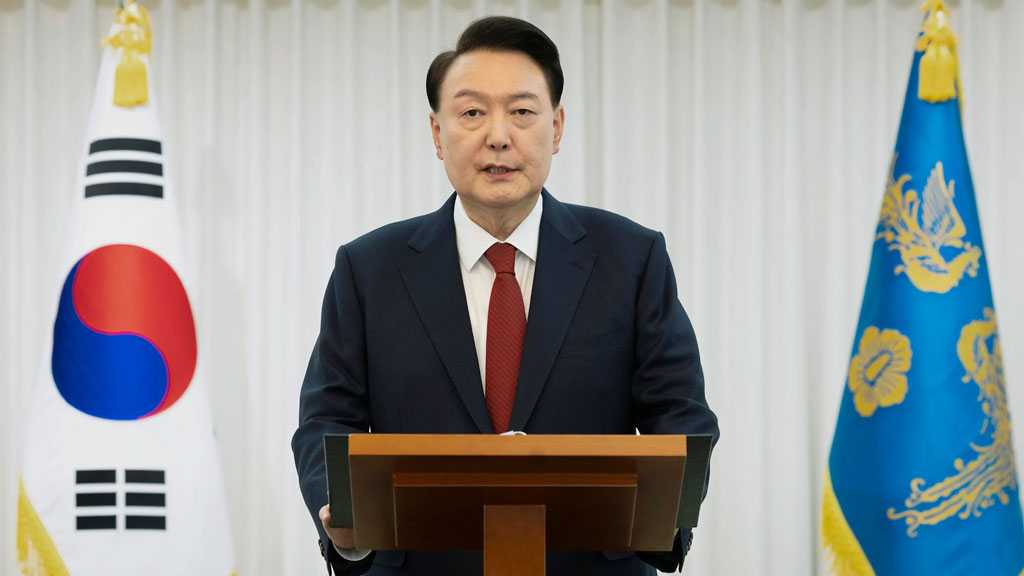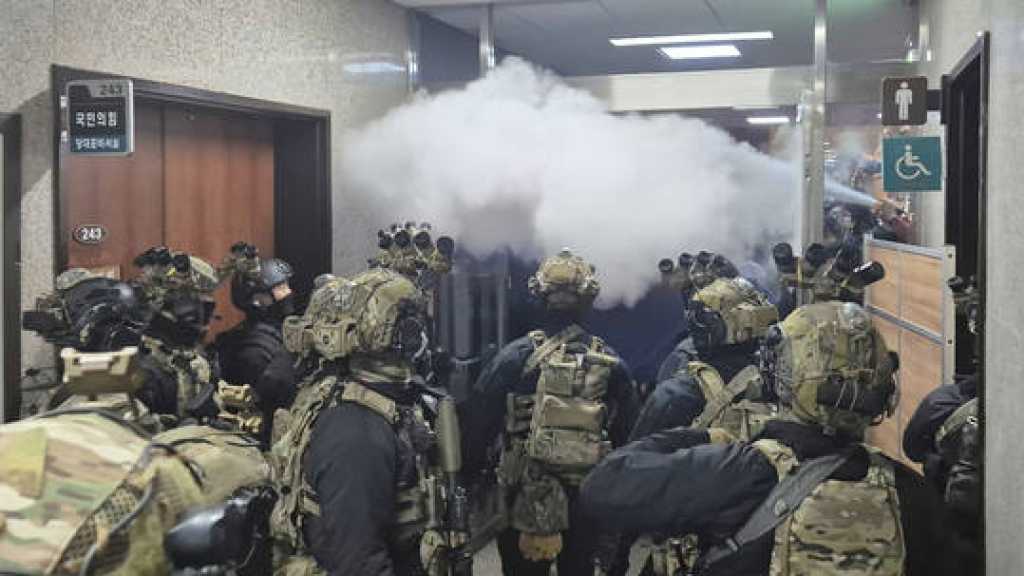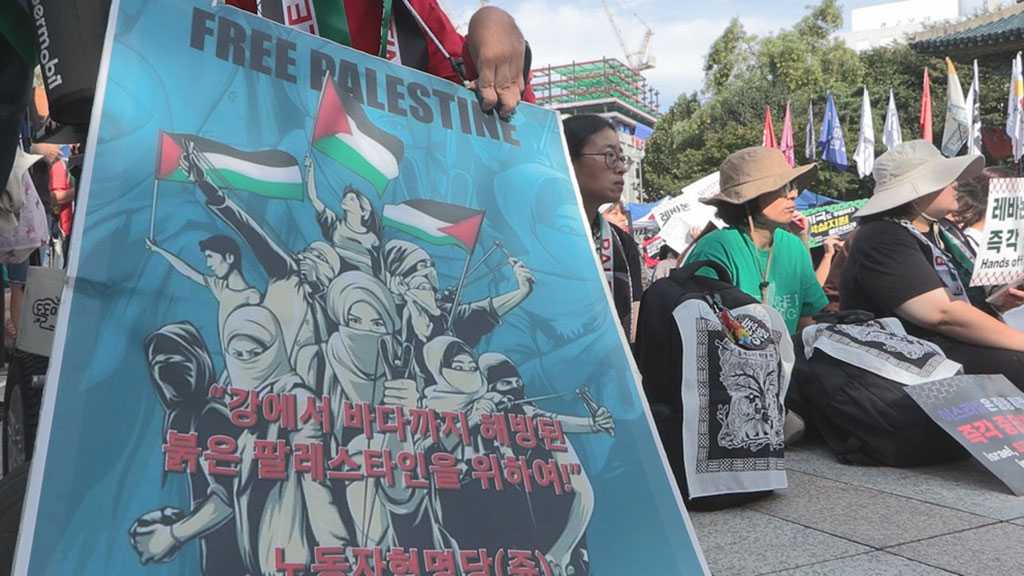S Korea Pushes to End Wartime Forced Labor Dispute with Japan

By Staff, Agencies
South Korea said on Monday that its companies would compensate people forced to work under Japan's 1910-1945 occupation, seeking to end a dispute that has undercut US-led efforts to present a unified front against China and North Korea.
The proposal was welcomed in Tokyo but faced immediate backlash from some victims and South Korea's main opposition party, who accused the government of capitulating to Japan.
US President Joe Biden, whose administration has pressed its two allies to reconcile, hailed the announcement as "groundbreaking."
A Japanese government source close to Prime Minister Fumio Kishida told reporters that the United States has been pressing both countries to reconcile, but that a main factor that triggered Yoon's push for reconciliation is the geopolitical threat from North Korea.
The disagreements over labor and women forced into Japanese military brothels have bedeviled ties between the two pivotal US allies for years, but South Korean President Yoon Suk Yeol has made a push to repair the relationship.
Under the plan, South Korea would compensate former forced laborer’s through an existing public foundation funded by private-sector companies, Foreign Minister Park Jin told a briefing.
"The soured South Korea-Japan relations should no longer be neglected, and we need to end the vicious cycle for the national interest, for the people," Park said. He said he hopes Japan responds sincerely, including by "implementing its previous public statements expressing remorse and apology."
Japanese Prime Minister Fumio Kishida said he welcomed the proposal and said he would work closely with Yoon.
Japanese companies will not be expected to make any payments under the plan, but would not be blocked from donating if they want, said Japan's Foreign Minister Yoshimasa Hayashi.
"We welcome this as a step that returns Japan-South Korea relations to a healthy one," he said.
Poor relations between the two have been a point of concern for the United States, which is seeking to present a more unified front with its allies against the rising power of China and threats from North Korea's expanding missile and nuclear arsenal.
In a statement, US President Joe Biden said the announcements were a "a groundbreaking new chapter of cooperation and partnership between two of the United States’ closest allies" and a "critical step to forge a future for the Korean and Japanese people that is safer, more secure, and more prosperous."
Japan has said the compensation issue was settled under a 1965 treaty, and Hayashi said his government's stance had not changed.
When Seoul first raised its proposal in January, it sparked backlash from victims and their families because it did not include contributions from Japanese companies, including those ordered by South Korean courts to pay reparations.
About a dozen protesters demonstrated outside as Park made the announcement.
Some of the 15 plaintiffs say they will reject the government's plan, setting the stage for more legal battles.
The main opposition Democratic Party denounced the plan as "submissive diplomacy."
Comments
- Related News

South Korea’s Ruling Party Chief Steps down
24 days ago


